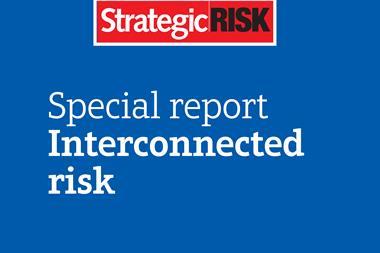A crisis is an acid test for management and not one that any organisation wants to fail, especially in the age of social media
“It takes 20 years to build a reputation and five minutes to ruin it. If you think about that, you’ll do things differently” Warren Buffett
This is truer today than ever before, says Jonathan Hemus, Insignia founder.
The value impact of a crisis on an organisation is determined in the first two or three days of a crisis which in turn determines whether a firm will recover in their value with a year following the crisis.
In a flawed crisis response, a company being too slow to respond is a number one factor in the recovery of reputation. Companies who react instead of shaping and influencing the pinpoint of the crisis will suffer.
Hemus said an inability to fix the underlying issue; a disorganised, confused or contradictory response and insufficient and inadequate communications also cause firms to suffer more value loss in a crisis.
Avoiding a mishandled crisis is about having the right level of risk assessment before an event. Jonathan Edwards, partner, Clyde and Co, said it is important to stay ahead of a crisis by having the best experts and the right types of experts who know how to handle crises.
Hemus said a good crisis management plan is critical to recovery. “By good, I don’t mean thick. I mean a competent one which can be quickly deployed. Think checklists, bullet points. The worst kind of plans are ones that are too large to be understood in a crisis.”
Privilege is “absolutely fundamental” from a legal standpoint. It gives legal teams as much control as possible over the narrative in a situation, according to Edwards.
Having a crisis-resistant culture, one in which word of a problem gets passed up the line as soon as possible, will help avoid a crisis. In addition, having regular briefings and training for the first line of defence, says Hemus.
“Do not offer an opinion. Just stick to the facts, especially only what is already known,” says Edwards.




















No comments yet